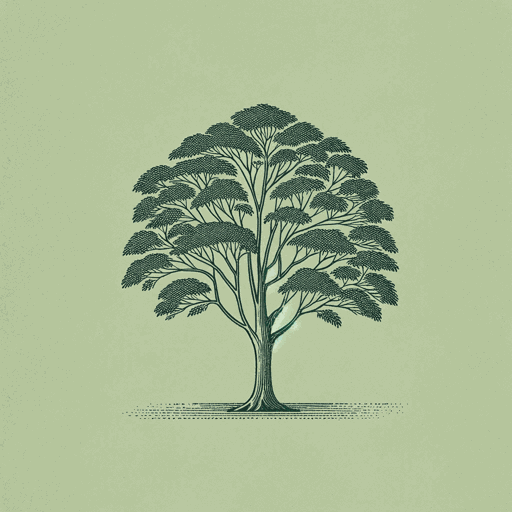79 pages • 2 hours read
John Charles ChasteenBorn in Blood and Fire: A Concise History of Latin America
Nonfiction | Book | Adult | Published in 2001A modern alternative to SparkNotes and CliffsNotes, SuperSummary offers high-quality Study Guides with detailed chapter summaries and analysis of major themes, characters, and more.
Chapter 9Chapter Summaries & Analyses
Chapter 9 Summary: “Revolution”
As the world recovered from war and economic depression, ISI lost steam. Many Latin American countries became the most urbanized. There was a rise in Marxist ideas. Industrialization slowed and threatened a return to neocolonialism. Populist leaders, such as Getúlio Vargas and Juan Perón, rose in power to combat the new challenges. Populist leaders shifted the balance of power away from the elite to the lower classes.
Perón supported the rapid unionization of many sectors of Argentina’s economy, which earned him workers’ steadfast support. Perón also attempted to end all foreign ownership of anything in the country. Furthermore, he tried to continue Argentina’s drive for industrialization, though this was not very successful. Eventually, Perón was exiled by the military in 1955. Despite exile, however, he continued to influence Argentine politics simply because of his popularity with the people.
Following right on the heels of the Second World War was the Cold War, which divided the world into communist, led by the USSR (Russia), and capitalist, led by the US. US foreign policy toward Latin America during the Cold War began to sour the positive relations developed earlier. One point of contention was the Marshall Plan, which gave much foreign aid to Europe but very little to Latin America.
Featured Collections
Books About Art
View Collection
Class
View Collection
Class
View Collection
Colonialism & Postcolonialism
View Collection
Colonialism Unit
View Collection
Equality
View Collection
European History
View Collection
Memorial Day Reads
View Collection
Military Reads
View Collection
Nation & Nationalism
View Collection
Politics & Government
View Collection

